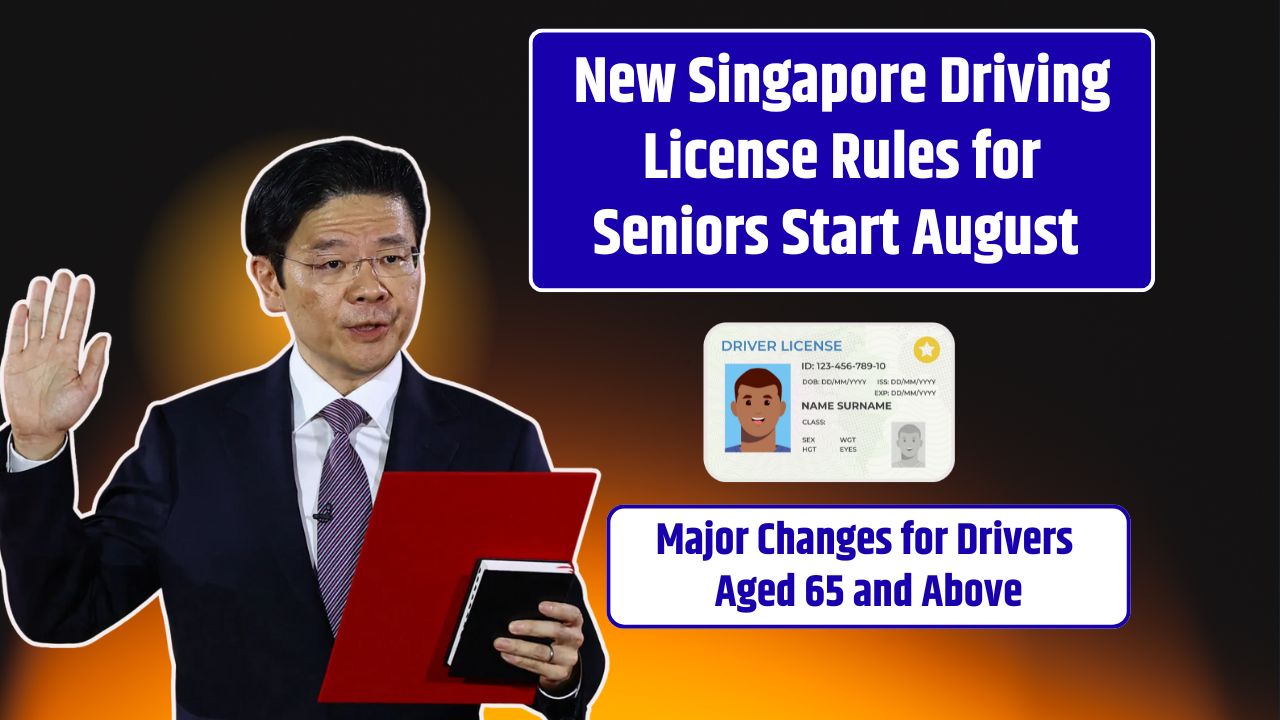The 2024 OPRE Methods Meeting brought together leading minds in evaluation, social science, and public policy to explore the evolving landscape of federal research and data use in human services. Hosted by the Office of Planning, Research, and Evaluation (OPRE), the event focused on how to enhance the equity, rigor, and utility of evaluations in an increasingly complex world.
Here are the top 5 takeaways from this influential meeting—and why they matter for anyone involved in policy, research, or public service.
Table of Contents
1. Equity Must Be Built Into Every Step of Evaluation
A central theme of the 2024 meeting was the importance of embedding equity into all phases of evaluation—from study design to dissemination. Rather than treating equity as an afterthought or separate component, presenters emphasized making it a core principle of the research process.
Key takeaways:
- Engage communities early in setting research questions
- Use culturally relevant measures and methods
- Examine differential impacts across demographic groups
This approach ensures that federally funded research more accurately reflects the experiences of diverse populations—and leads to more just outcomes.
2. Administrative Data Is Powerful—But Requires Caution
Using administrative data—such as records from schools, health agencies, or public benefits systems—continues to be a game changer for human services research. But speakers stressed that these datasets come with limitations.
Best practices discussed:
- Understand the context in which data is collected
- Address data quality, completeness, and access issues
- Use privacy-preserving techniques when linking datasets
The message was clear: big data can boost insights, but only when used responsibly and transparently.
3. Mixed Methods Lead to Richer Findings
One of the most echoed points across sessions was that combining quantitative and qualitative methods provides a deeper understanding of complex human services interventions. While quantitative analysis tells us what happened, qualitative insights often explain why it happened.
Notable recommendations:
- Pair surveys and interviews with administrative data
- Use qualitative findings to refine implementation strategies
- Incorporate voices of program participants in evaluation design
This kind of holistic evaluation can better inform policy and improve service delivery.
4. Implementation Science Is No Longer Optional
Evaluation is no longer just about outcomes—it’s also about how programs are delivered. The 2024 meeting highlighted the growing integration of implementation science into federal research.
Key lessons:
- Measure fidelity, adaptation, and context
- Consider how staff training, organizational culture, and systems affect success
- Use continuous feedback loops to improve programs in real time
Understanding implementation improves both internal validity and scalability of interventions.
5. Flexibility and Responsiveness Are Critical
Finally, OPRE emphasized the need for flexible, real-time evaluation approaches that can adapt to dynamic policy environments and changing community needs.
Strategies include:
- Rapid-cycle evaluations for fast feedback
- Adaptive designs that adjust based on interim results
- Real-time dashboards for program monitoring
This responsiveness makes evaluation more relevant and useful to decision-makers—and ultimately more impactful.
Summary Table: Top Lessons from OPRE 2024 Methods Meeting
| Lesson # | Theme | Key Focus |
|---|---|---|
| 1 | Equity in Evaluation | Embedding equity in design, data, and outcomes |
| 2 | Administrative Data Use | Balancing potential with privacy and data integrity |
| 3 | Mixed Methods | Combining quantitative and qualitative approaches |
| 4 | Implementation Science | Measuring how programs work in real-world settings |
| 5 | Flexible Evaluation Models | Adapting research designs to changing environments |
The 2024 OPRE Methods Meeting made one thing clear: federal evaluation is evolving—focusing not just on what works, but for whom, how, and under what conditions. As social challenges grow more complex, these lessons will shape the next generation of policy-relevant research.
FAQs
Where can I watch recordings or read materials from the OPRE 2024 Methods Meeting?
Materials are usually available on the OPRE website at acf.hhs.gov/opre.
Who attended the 2024 meeting?
Attendees included federal staff, academics, policy researchers, nonprofit leaders, and community advocates.
Was there a specific theme for the 2024 meeting?
Yes—“Building Equity and Flexibility into Federal Evaluations.”
Are these methods used across all ACF programs?
OPRE promotes these methods across multiple ACF program areas, from child welfare to economic mobility.


























